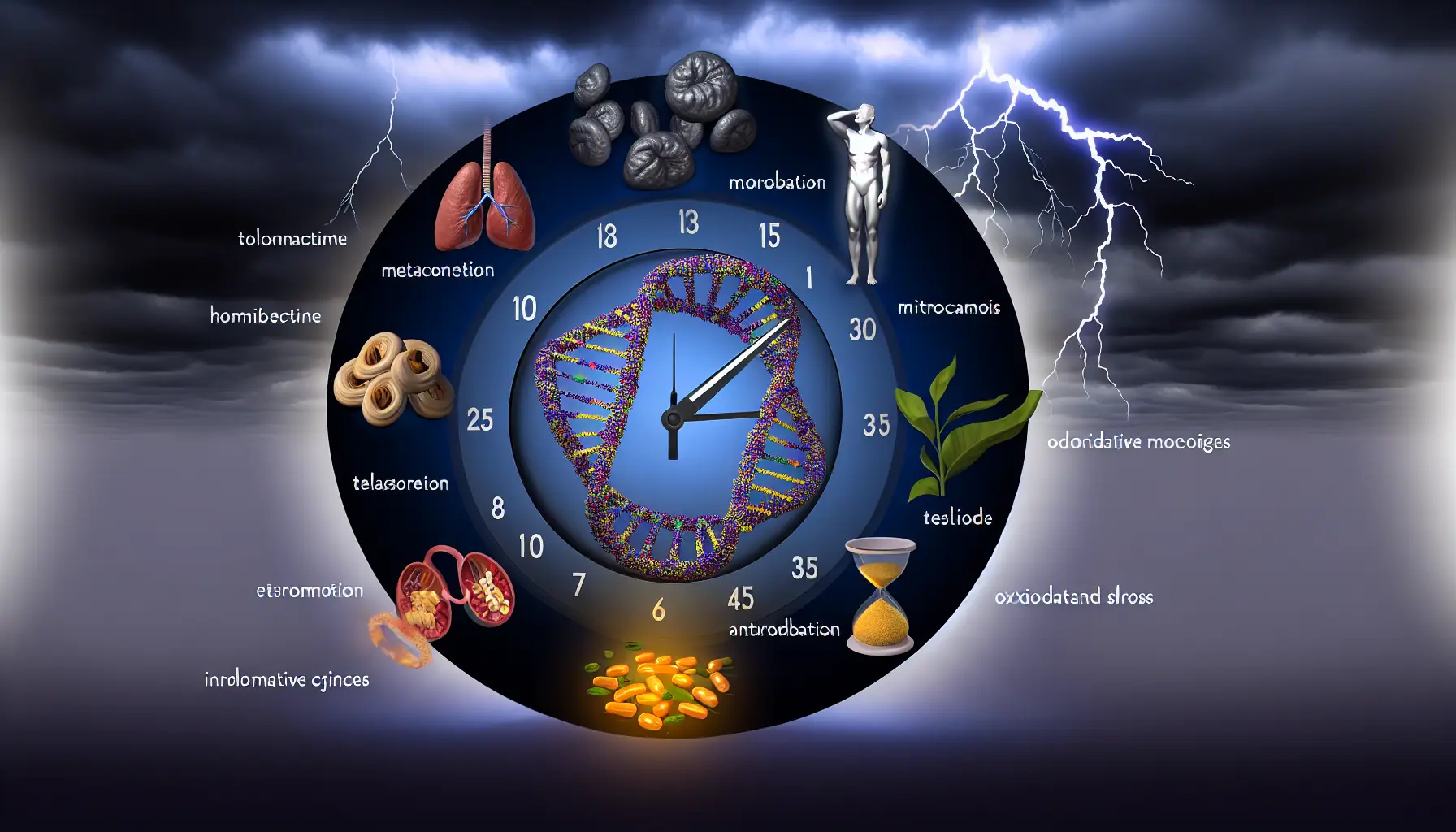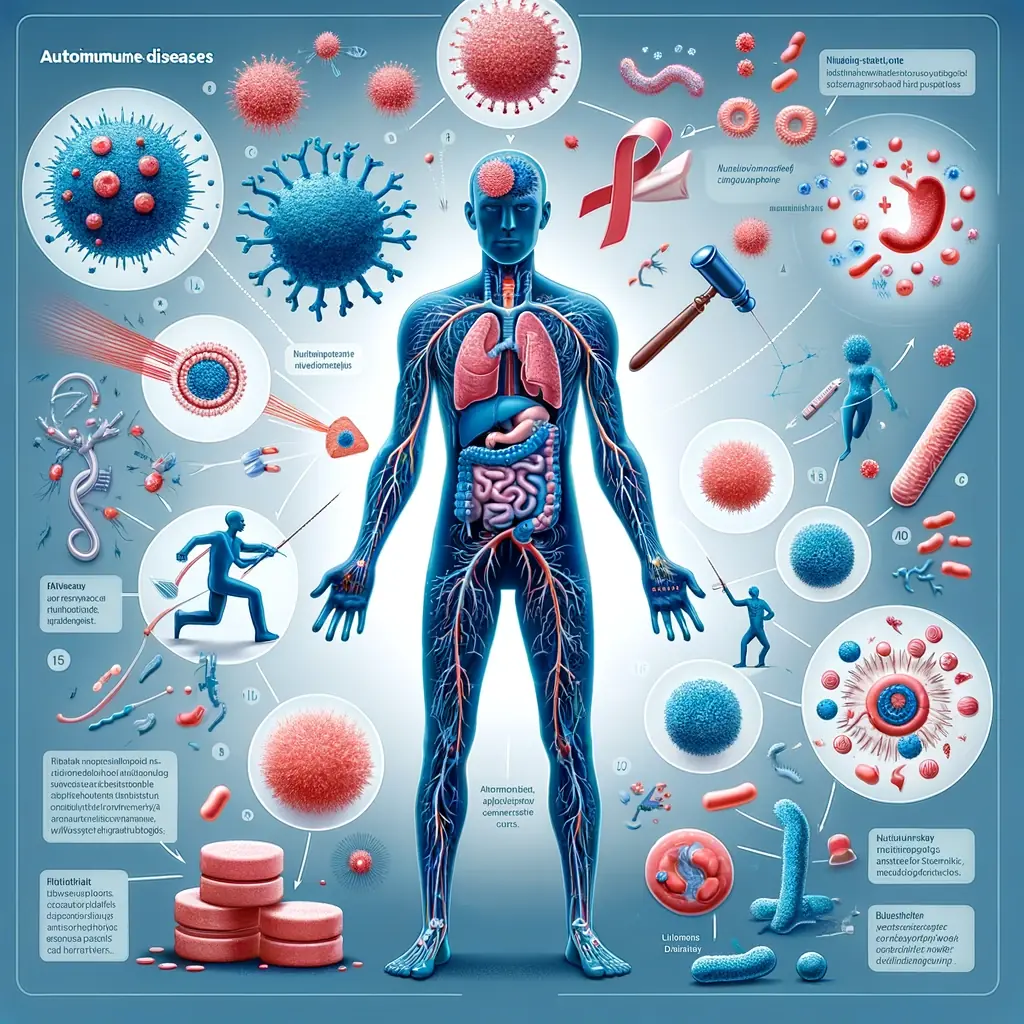
Testosterone deficiency, also known as hypogonadism, is a condition that affects many men worldwide. It goes beyond just a decrease in libido and energy levels; it can significantly impact a man’s health, well-being, and quality of life. In this comprehensive guide, we delve deeper into testosterone deficiency’s causes, symptoms, and long-term effects, providing insights and solutions for those affected.
Table of Contents
A variety of factors, including aging, obesity, hormonal imbalances, and certain medical conditions such as hypogonadism, can cause testosterone deficiency. Genetic factors and injuries to the testicles can also play a role in reducing testosterone levels.
The symptoms of testosterone deficiency are varied and can affect different aspects of a man’s health. Common signs include fatigue, decreased libido, difficulty concentrating, and mood swings. Physical symptoms may include loss of muscle mass, increased body fat, and reduced bone density.
Left untreated, testosterone deficiency can lead to long-term health issues, including osteoporosis, cardiovascular disease, and metabolic syndrome. It can also affect mental health, leading to depression and anxiety.
Diagnosing testosterone deficiency involves a thorough medical examination, including blood tests to measure testosterone levels. Your concierge doctors may also conduct additional tests to rule out other conditions causing the symptoms.

Treatment for testosterone deficiency may include hormone replacement therapy, medications, or lifestyle changes. The appropriate treatment will depend on the underlying cause of the deficiency and the patient’s overall health.
Certain lifestyle adjustments can help manage the symptoms of testosterone deficiency. These include regular exercise, a balanced diet, adequate sleep, and stress management. Avoiding alcohol and drugs is also crucial.
Testosterone deficiency is a complex condition that requires a comprehensive approach to diagnosis and treatment. Understanding the causes, recognizing the symptoms, and seeking timely medical intervention can help manage the condition and improve the quality of life.





